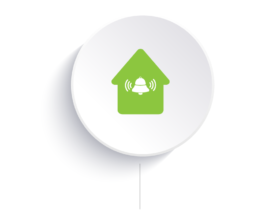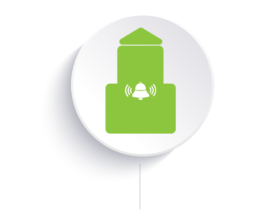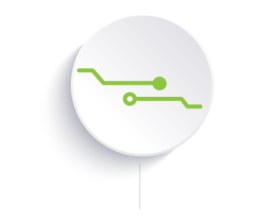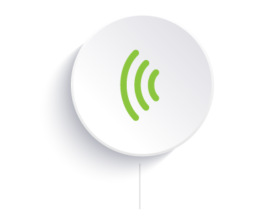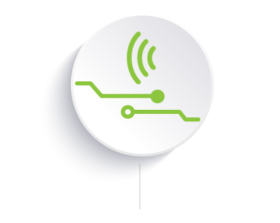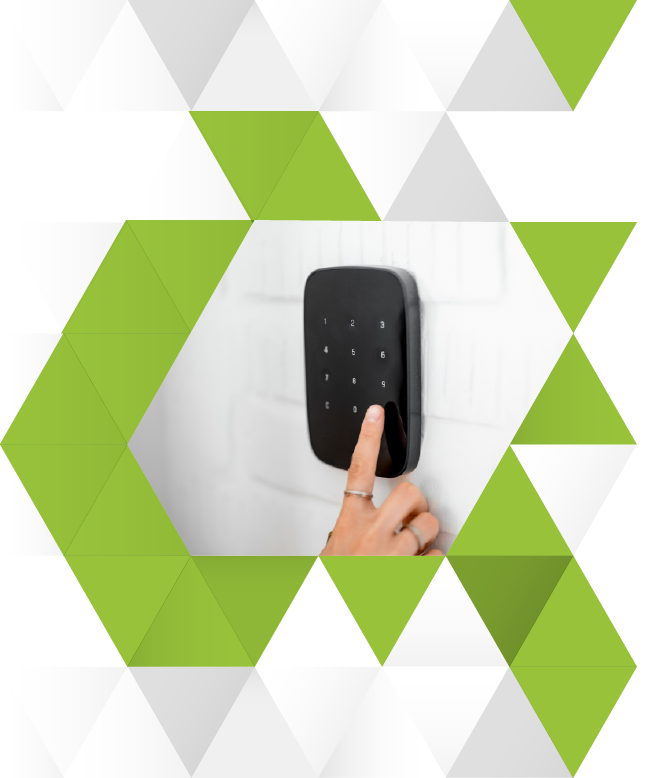An alarm system is a set of devices that are designed to detect and signal burglary attempts, fire, flooding or other threats to the security of your home or business. The alarm system may consist of various elements, such as motion, smoke, water sensors, cameras, sirens, remote controls, keyboards or control panels. The alarm system can be connected to monitoring or intervention by security companies, which increases the effectiveness of the alarm response.
An alarm system is an investment that pays off. It not only protects our property and lives, but also reduces insurance costs and increases the value of real estate. The alarm system is also a way to save energy and protect the environment. Thanks to it, we can remotely control lighting, heating and ventilation in our home or company. The alarm system is a modern, comfortable and safe solution.


